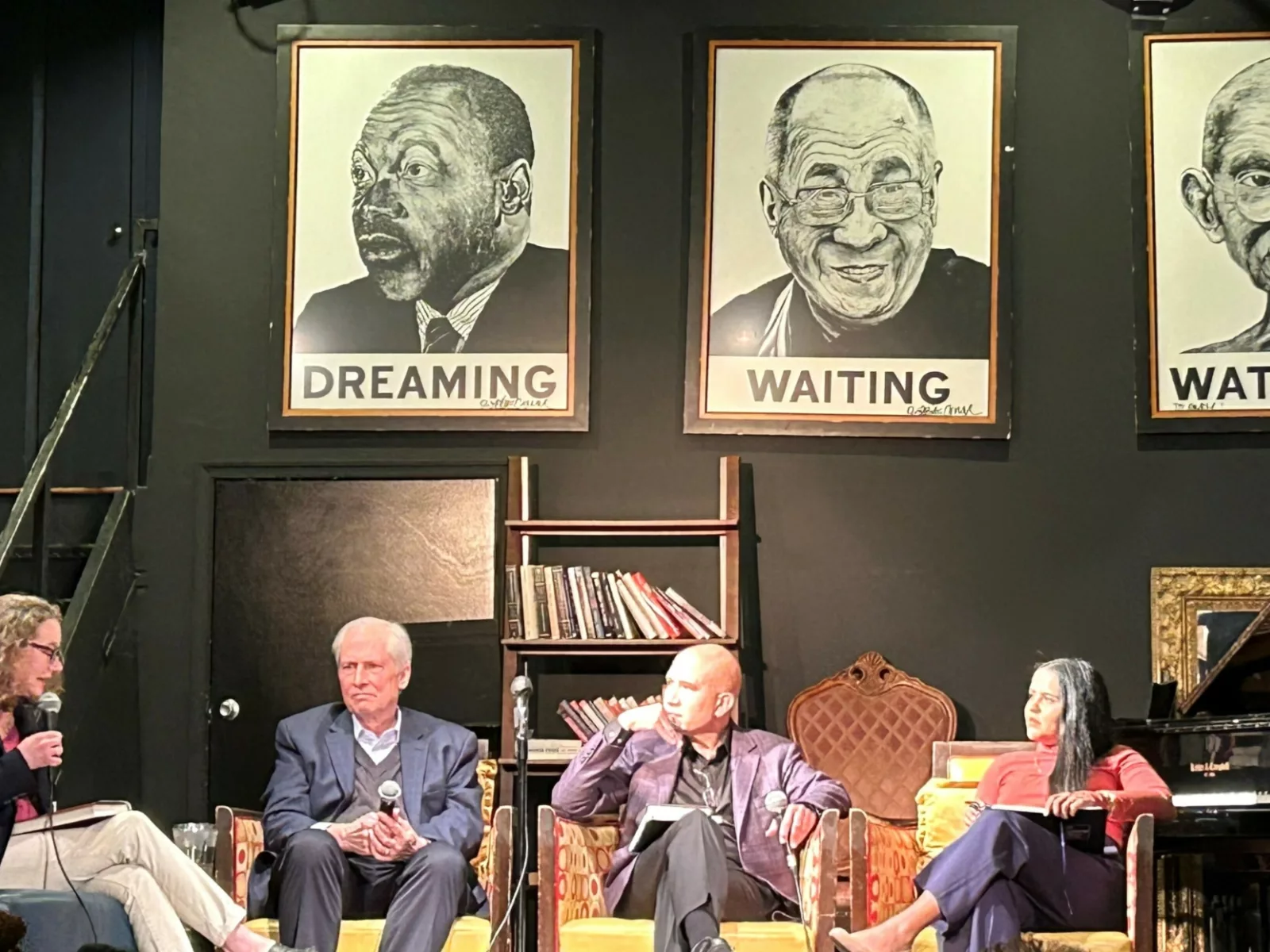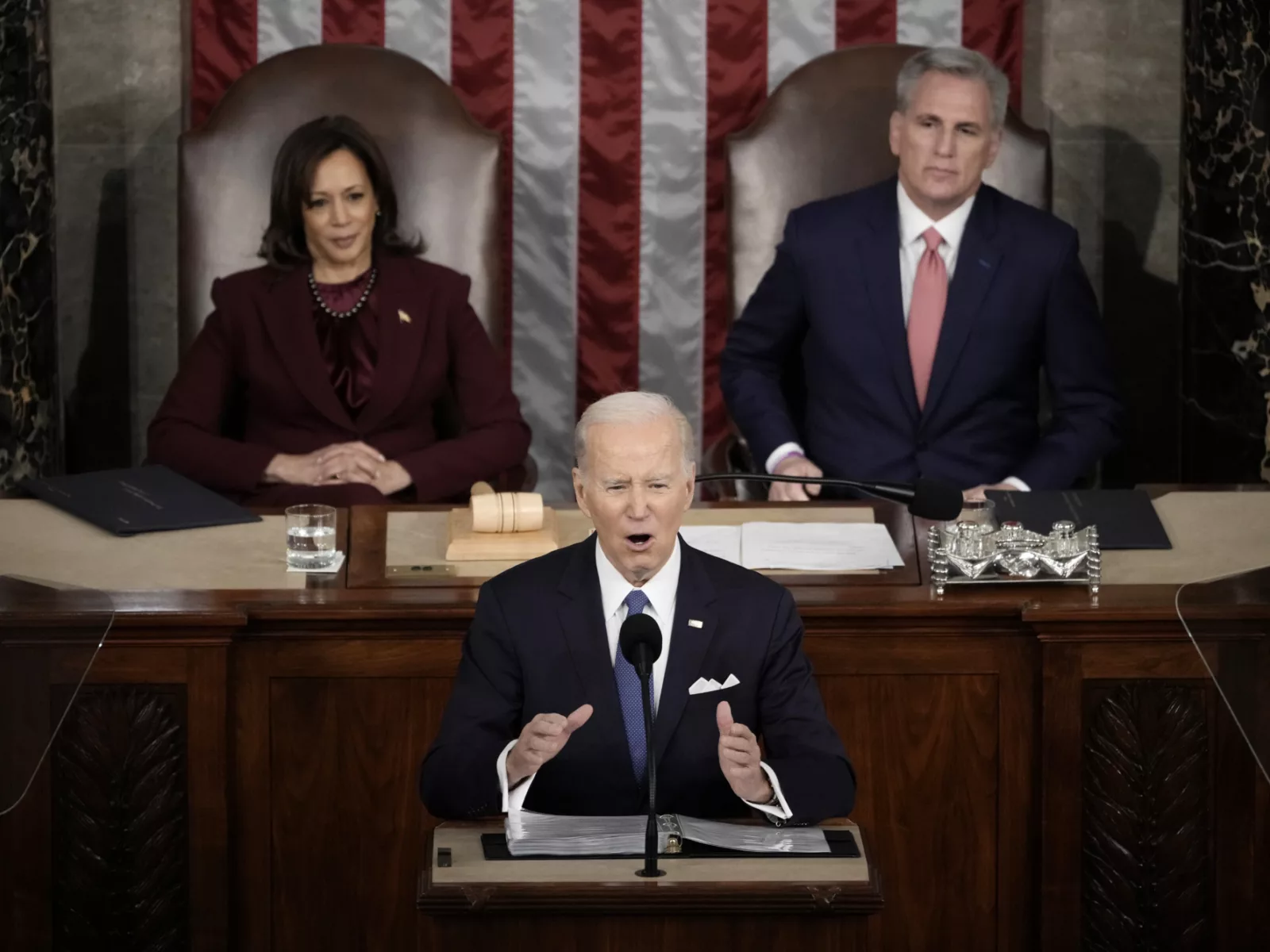As national consensus grows around the need for robust policing reform, state lawmakers have been working to introduce bills and pass laws aimed at improving police accountability.
In order to document these efforts from 2020 legislative sessions, the National Conference of State Legislatures (NCSL) in a partnership with Arnold Ventures has released a new database of police reform bills introduced since 2015.
Across 36 states and Washington, D.C., more than 700 reform bills were introduced from May 25, 2020 through the end of the year, and nearly 100 were enacted.
“State law can set the baseline for the standard of practice in states, creating a foundation for state regulatory agencies and local jurisdictions to expand upon,” the NCSL said in a press statement. “The database paints a picture of what this baseline looks like in the states, covering a number of policy areas that play a key role in law enforcement effectiveness and accountability.”
The database includes bills covering use-of-force standards, investigations, and data; police officer training, certification, and decertification; traffic stop data; legal duties and liabilities; and qualified immunity, according to the NCSL. Laws from additional categories will be added in the coming weeks, such as oversight, executive orders, collective bargaining, and officer bill of rights. This database will serve as a free resource that can assist advocates and policymakers pursuing policing reforms in their own jurisdictions.
“Too many law enforcement departments fail to protect and serve their communities with fairness and accountability,” said Walter Katz, Arnold Ventures vice president of criminal justice. “Many of these problems, and potential solutions, stem from laws at a state level.”
This public collection of information about police reform legislation is unprecedented, but the effort matches the immediacy of the moment. The current police reform movement faces a challenge of trying to address disparate policies across individual departments, including hurdles to accountability that are often not plainly visible to the public. State legislative changes can overcome these local barriers and be used to enact policing reforms that persist within the letter of the law.
“This database documents where states are making progress and where efforts are being thwarted,” said Katz. “Lawmakers and other reform advocates can also look to this for examples of model legislation to pursue in their own states.”
The database serves as one part of Arnold Ventures’ larger mission to partner with other reform organizations and individuals across the political spectrum in order to promote structural changes in policing.
Access the Law Enforcement Statutory Database here.




















